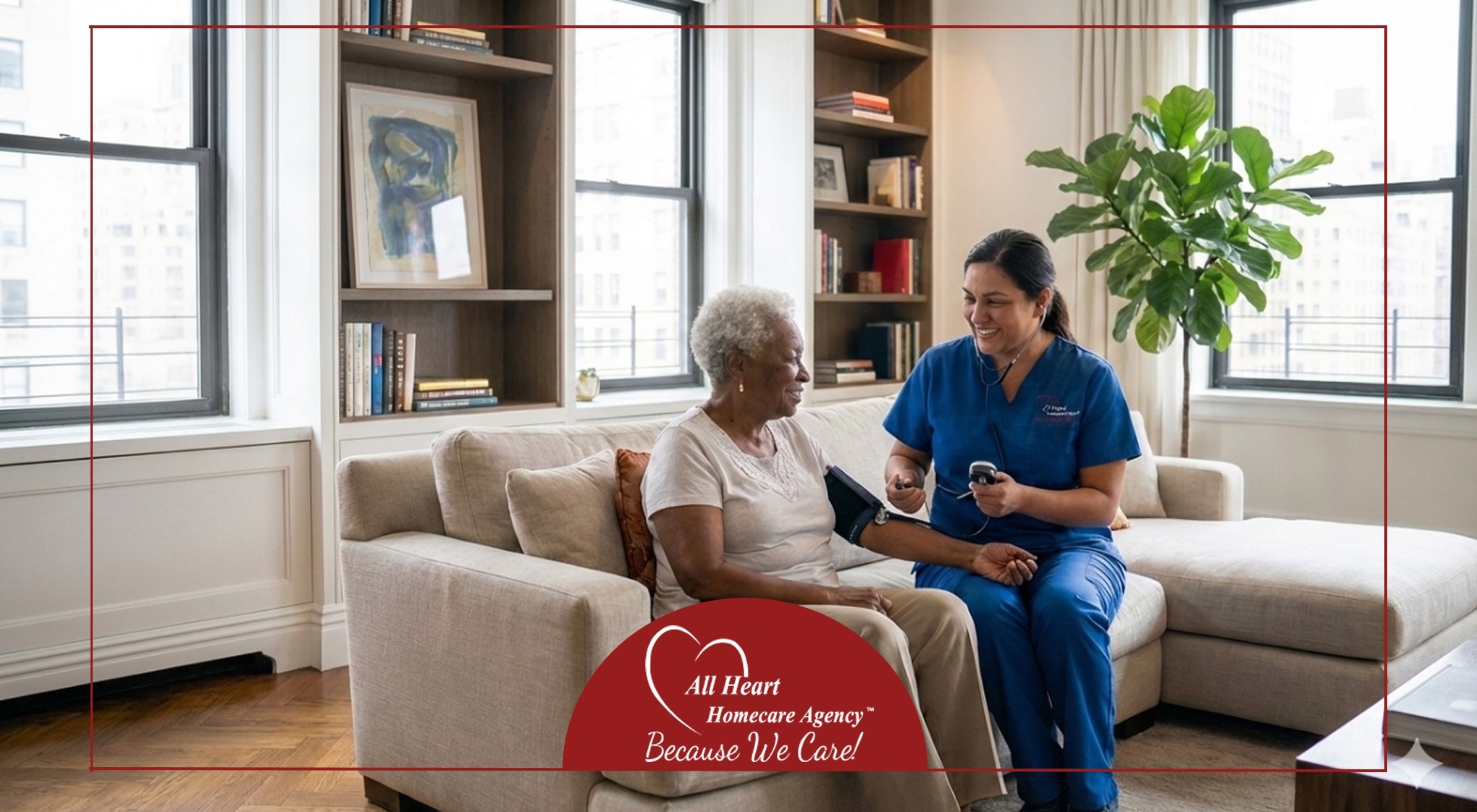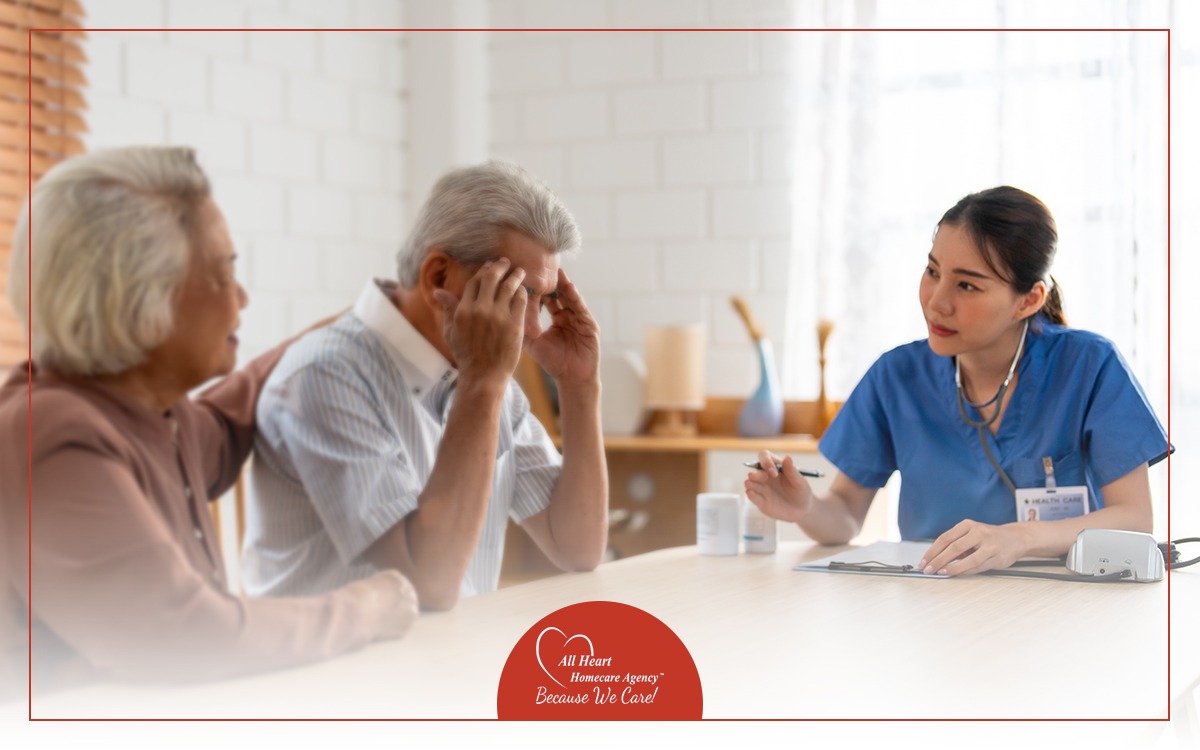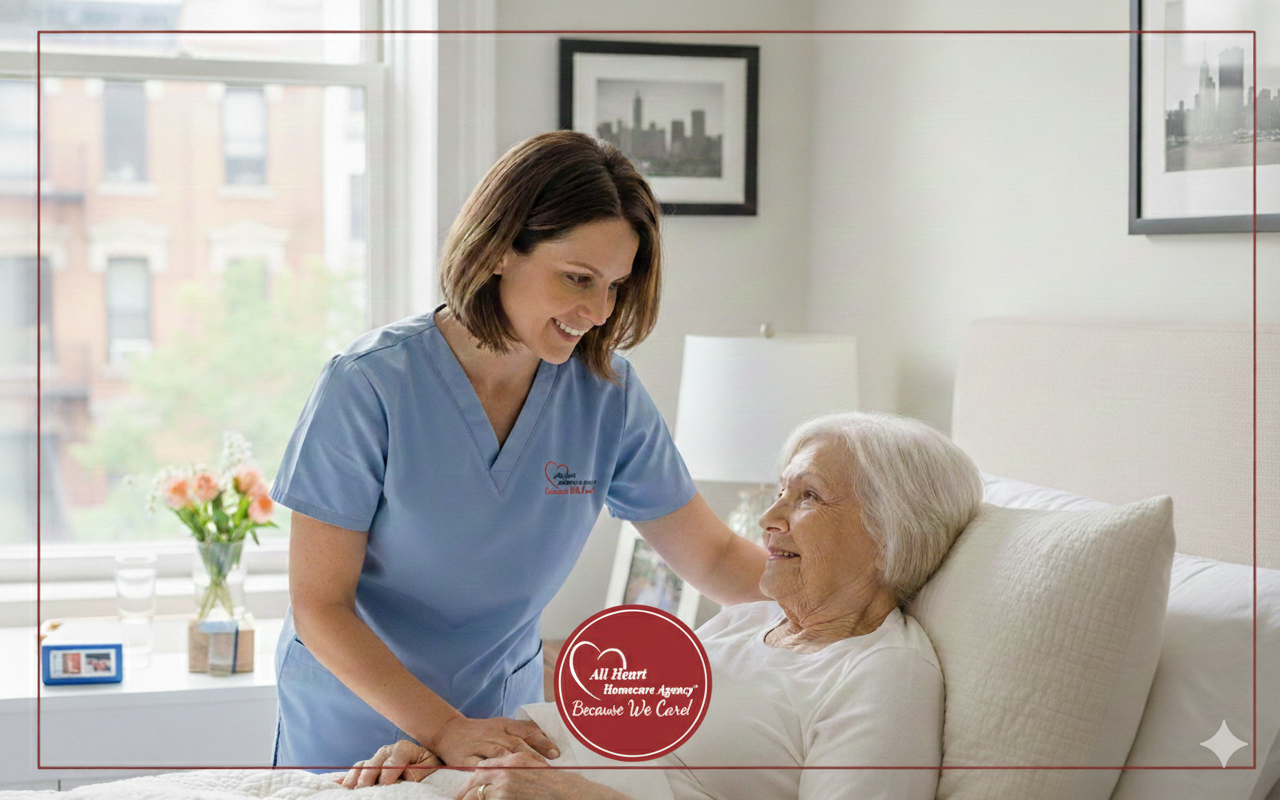If your elderly client has suddenly lost appetite, then you should contact a patient’s doctor first on the right. Medical professionals may indicate the need for additional examination to rule out serious health problems or find the most appropriate medication.
However, health problems are not always the main reason for the lack of appetite in older people. Here are five reasons why an elderly patient may not want to eat.
Low Physical Activity
Lack of regular exercise and low physical activity can negatively affect appetite. Sometimes doctors recommend a more active lifestyle to whet a patient’s appetite before eating.
Dehydration
Dehydration is a prevalent cause of lack of appetite in older people. It is no secret that many older adults do not monitor their water balance. In the meantime, dehydration due to age-related changes and taking medications is observed in almost every senior.
No Daily Routine
Some caregivers practice this technique as a daily routine. This is great for helping to establish the process of caring for an older adult and determine the specific hours of eating. Over time, seniors get used to what they need to eat and feel more ready to take food at a particular time.
There Is No Accounting for Tastes
Do not assume that the food you are accustomed to eating at home is perfect for an elderly patient. It doesn’t necessarily involve some complex dishes. However, if your patient prefers to eat fish instead of meat, you must consider this fact. Ask your client’s taste preferences and try to match them in advance.
Loss of Taste
As we age, taste buds gradually lose their ability to recognize aromas. As a result, even the most delicious dish may seem tasteless and not appetizing to a senior.
More often than not, a gradual decrease in appetite is considered quite normal, even as we age. The fact is that older people have a lower energy level and do not need to consume as much food as a young body.
However, if you begin to notice that an elderly patient began to refuse to eat and lost a lot of weight, this is a cause for concern. In this case, a timely appeal to the attending physician is the only sure way out.












